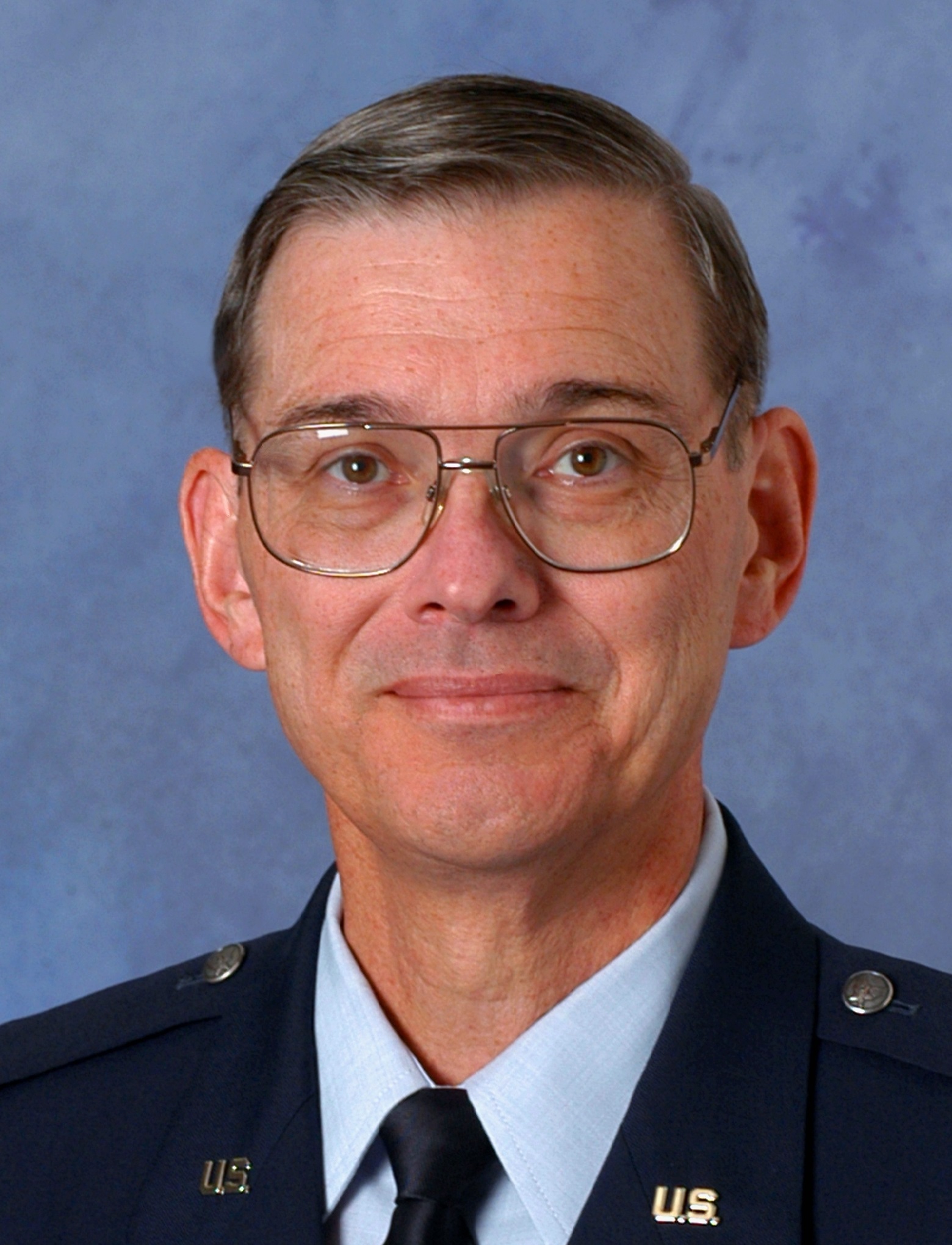Home Index
 Brigadier General
Brigadier General
Ronald D. Reed
Permanent Professor 1995–2005
B.A., Oklahoma City University
Ph.D., University of California, Berkeley
Ron Reed, the Academy’s 59th Permanent Professor, was born in Caldwell, Kansas, in 1948, and was raised in Watonga, Oklahoma. He earned his Bachelor’s degree in Chemistry and Biology in 1971 from Oklahoma City University, and immediately pursued his PhD at Cal–Berkeley. While a graduate student at Cal, Ron joined the Air Force Reserve Officer Training Corps program and received his commission in 1973. He then entered an educational delay to finish his PhD in Physiology, which was awarded in 1977. Based on his dissertation, he won the Outstanding Research Paper award from the Life Sciences and Biomedical Engineering Branch of the 80-nation Aerospace Medical Association (AsMA). More than two decades later as a Fellow of AsMA he would win the organization’s 2002 Professional Excellence Award for enduring leadership in the aerospace life sciences. Ron’s first Air Force assignment, 1977–1980, was as a scientist researching bioeffects of laser radiation at the School of Aerospace Medicine, Brooks AFB, TX—work that led to the development of Air Force safety standards. He came to the Air Force Academy’s Department of Biology in 1980 and left in 1984 as Associate Professor and Director of Research, having received the department’s Outstanding Military Educator Award. For the 1984–1985 academic year he was on a prestigious Air Staff Training Assignment in Legislative Affairs and Acquisitions at the Pentagon, Washington, DC. From 1985 to 1987 he was assigned to Headquarters, Air Force Systems Command, Andrews AFB, MD, where he oversaw technology development for protection of aircrew and systems from laser devices. Following a year at Air Command and Staff College, Maxwell AFB, AL, where he was a Distinguished Graduate, Ron returned to the Academy from 1988 to 1992, before returning to Maxwell as a student at Air War College. He returned to the Academy in 1993 as Professor and Head, Department of Biology, and was subsequently appointed Permanent Professor in 1995. From 2000 to 2002 he took a sabbatical assignment to the Air Force’s European Office of Aerospace Research and Development, London, England, where he oversaw Air Force interests in all life sciences and human factors research across Europe, Africa, the Middle East, and the former Soviet Union. Over his distinguished career Ron Reed led research and development in laser protection, human factors, advanced life support systems, manned spaceflight, cockpit automation, biomimetics, biowarfare defense, and environmental issues, and he brought cutting-edge realism to the Academy’s curriculum. He retired in 2005 and died of cancer shortly thereafter. He is buried in the Air Force Academy Cemetery.